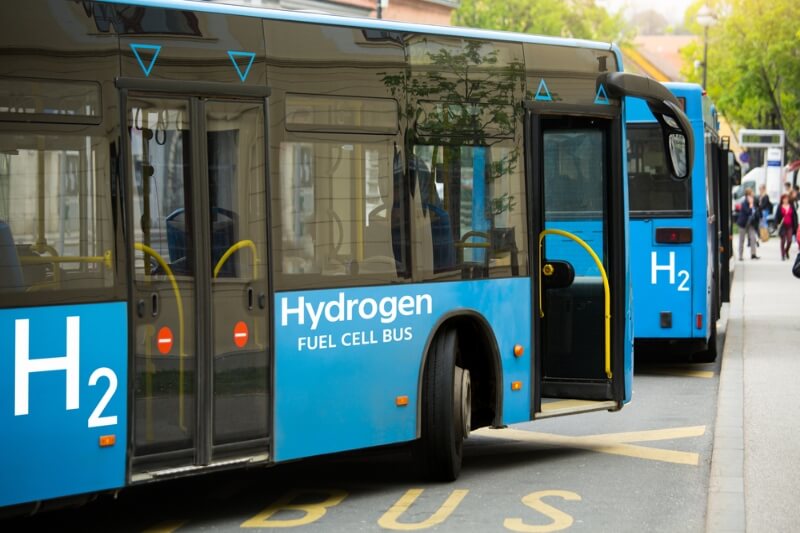Reading Borough Council has submitted an official expression of interest to the Government’s Zero Emission Bus Regional Area fund (ZEBRA) to roll out electric buses across Reading.
.jpg) The Department for Transport’s (DfT) ZEBRA initiative allows local areas nationwide to make an expression of interest for funding to purchase zero emission buses, as well as the infrastructure needed to support them.
The Department for Transport’s (DfT) ZEBRA initiative allows local areas nationwide to make an expression of interest for funding to purchase zero emission buses, as well as the infrastructure needed to support them.
Reading, in partnership with Reading Buses, has submitted an expression of interest that would deliver 59 electric buses to the town over a four-year period.
If the council’s bid is successful, the scheme would additionally contribute funds to help cover the infrastructure improvements needed at Reading Buses Great Knollys Street depot to allow for the rapid charging of the electric bus fleet.
Should Reading’s expression of interest be approved by the DfT, the council will be invited to produce a full business case for the scheme to be submitted later this year. A final decision from Government on bids received is expected early in 2022.
The council’s expression of interest has been submitted in partnership with Reading Buses, and with the support of both neighbouring Wokingham Borough Council and West Berkshire Council.
Tony Page, Reading Borough Council’s lead councillor for Strategic Environment, Planning and Transport, said: ‘The council-owned bus company is recognized in the industry as a market leader when it comes to environmentally friendly fleets. The submission of an expression of interest by the Council, in partnership with Reading Buses, aims to build on that track record of success with our ambition to introduce nearly 60 all electric buses into Reading, with the infrastructure at the bus depot to support it.
‘The council, along with Reading Buses, is fully committed to Reading’s net zero carbon target by 2030 and is serious about improving the poor air quality which blights some parts of our town. Tremendous progress has already been made by both the council and Reading as a whole towards the 2030 target, but this is exactly the sort of initiative we need to accelerate that progress. We hope the Government will allow us the opportunity to develop our bid later this year.’
Reading Buses chief executive officer, Robert Williams, added: ‘Switching from private vehicles to public transport of any fuel type makes the biggest difference to overall carbon emissions and congestion. It is also important for us to lead by example and continue reducing our carbon footprint, and we can see that electric technology is reaching a point where some urban services could have battery electric vehicles running on them in the next few years. We welcome this bid to enable that switch to take place.’
Reading Buses and Reading Borough Council have a strong track record of investment and delivery of green technologies, including 61 bio-methane buses, one trial electric bus conversion and fitting Euro VI particulate traps to all older diesel vehicles. Electric diesel hybrids and ethanol buses have also been operated in the past.
The ZEBRA application seeks to supplement the investment in bio-methane between 2013-17 with a similar scale of investment in battery electric powered vehicles, focused on routes that are suited to the technology at its current level of development. If completed, 38% of Reading Buses fleet would be biomethane, 36% battery electric and 26% Euro VI diesel, and a decision can then be made between further investment in bio-methane, battery electric or hydrogen to achieve carbon neutrality by 2030.
The expression of interest also follows the publication of the government’s National Bus Strategy earlier this year which requires councils to produce local Bus Service Improvement Plans (BSIP) and to either establish Enhanced Partnerships with local bus operators, or to implement a franchise system to manage the provision of local bus services. The council has already begun work on its BSIP and recently agreed to proceed with the development of an Enhanced Partnership.







